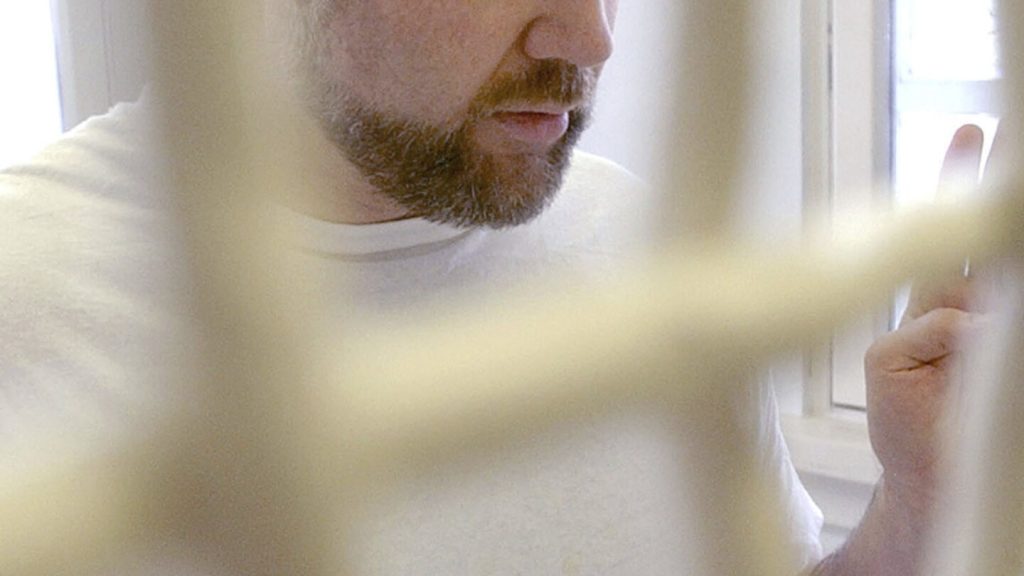The story of Vince Gilmer, a former North Carolina doctor who was pardoned for killing his father, has captured national attention as he was recently released from a Virginia prison to receive care at a hospital. Gilmer is suffering from Huntington’s disease, a rare and incurable illness that has taken a toll on his cognitive and physical abilities. His conditional pardon was granted by former Virginia Governor Ralph Northam two years ago, based on the severity of his medical condition. This decision to release Gilmer has sparked a debate among supporters who argue that the outcome of his trial would have been different if he had been properly diagnosed with this brain condition, advocating for his admission to a treatment center instead of prison.
Dr. Benjamin Gilmer, who is not related to Vince Gilmer but serves as his advocate and legal guardian, has been instrumental in pushing for his release. Benjamin became involved in Vince’s case after joining a family medicine clinic where Vince used to work, and hearing from patients and colleagues about his dedication to caring for all patients, regardless of their ability to pay. Benjamin’s efforts to understand Vince’s reputation and the crime he committed led him to reach out to Vince in prison, sparking a quest that was later documented in journalist Sarah Koenig’s episode of “This American Life” titled “Dr. Gilmer and Mr. Hyde.”
The release of Vince Gilmer from Marion Correctional Treatment Center has been met with mixed reactions, with some supporting his transfer to a hospital for long-term care in accordance with his pardon terms. Others have questioned the decision to release a convicted killer, despite his deteriorating health condition, citing concerns about the nature of his crime and the impact on his father’s family. However, supporters believe that Gilmer’s medical condition should take precedence, advocating for compassion and understanding in his final days as he battles the debilitating effects of Huntington’s disease.
Vince Gilmer’s case highlights the complexities of the justice system when dealing with individuals who may have underlying medical conditions that impact their behavior and decision-making. The debate surrounding his release raises questions about the role of mental health and medical diagnoses in legal proceedings, and the need for greater awareness and understanding of how these factors can influence criminal behavior. As Gilmer undergoes treatment at a hospital, his advocates continue to push for justice and compassion in his case, hoping to provide him with the care and support he needs in his final days.
The story of Vince Gilmer and his battle with Huntington’s disease serves as a reminder of the challenges faced by individuals with degenerative illnesses, and the need for empathy and support in navigating their medical and legal issues. As Gilmer’s health continues to decline, his advocates work tirelessly to ensure that he receives the care and attention he deserves, despite the circumstances of his past. The case has sparked discussions about the intersection of medicine and law, and the importance of understanding and addressing the unique needs of individuals like Gilmer who are grappling with both a criminal past and a terminal illness.
As Vince Gilmer transitions to a hospital for long-term care, his advocates and supporters remain by his side, advocating for his right to receive proper treatment and compassion in his final days. The release of Gilmer from prison has shed light on the complexities of the justice system and the challenges faced by individuals with serious medical conditions in the legal system. Despite the controversy surrounding his case, Gilmer’s advocates continue to fight for justice and understanding, hoping to provide him with a sense of peace and comfort as he battles the devastating effects of Huntington’s disease.


